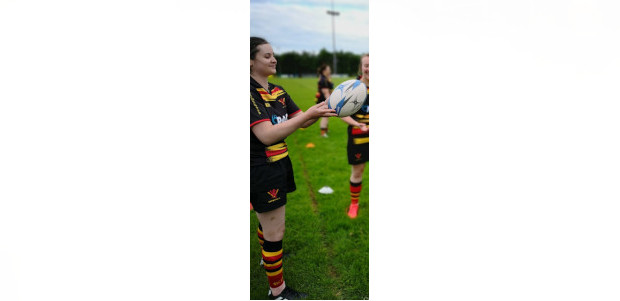Abstract
Background: The tackle is the most dangerous facet of play in rugby union, but little is known about risk factors for tackle injuries.
Purpose: To estimate the injury risk associated with various characteristics of tackles in professional rugby union matches.
Study Design: Descriptive epidemiology study.
Method: All 140 249 tackles in 434 professional matches were coded from video recordings for height and direction of tackle on the ball carrier, speed of tackler, and speed of ball carrier; injuries were coded for various characteristics, including whether the tackler or ball carrier required replacement or only on-field assessment.
Results: There were 1348 injury assessments requiring only on-field treatment and 211 requiring player replacement. The inciting event and medical outcomes were matched to video records for 281 injuries. Injuries were most frequently the result of high or middle tackles from the front or side, but rate of injury per tackle was higher for tackles from behind than from the front or side. Ball carriers were at highest risk from tackles to the head-neck region, whereas tacklers were most at risk when making low tackles. The impact of the tackle was the most common cause of injury, and the head was the most common site, but an important mechanism of lower limb injuries was loading with the weight of another player. Rates of replacement increased with increasing player speed.
Conclusion: Strategies for reducing tackle injuries without radically changing the contact nature of the sport include further education of players about safe tackling and minor changes to laws for the height of the tackle……… see more at :- http://ajs.sagepub.com/content/36/9/1705
